Home>Articles>How Long Is An Electrical Cord On A Refrigerator?
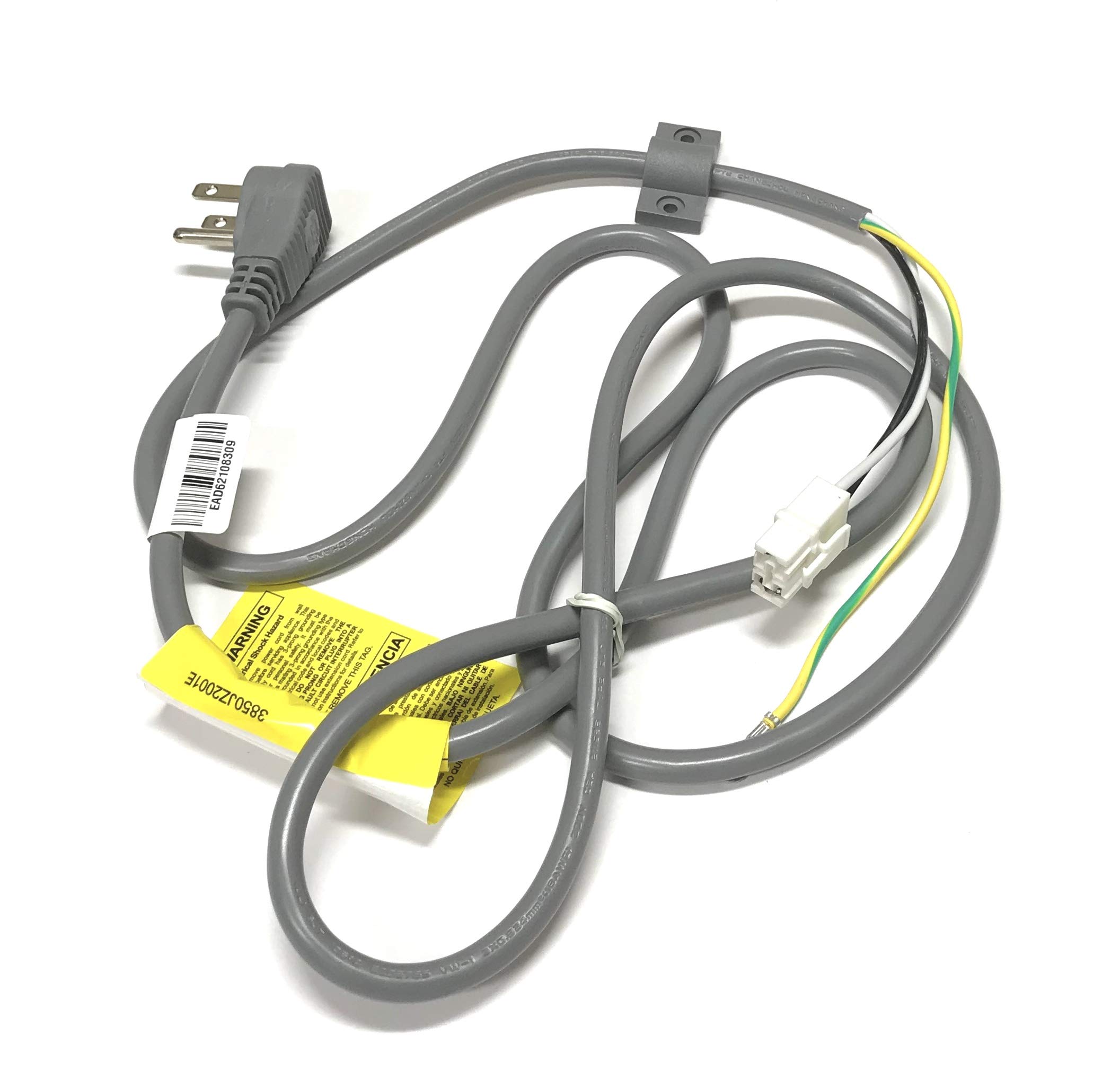

Articles
How Long Is An Electrical Cord On A Refrigerator?
Modified: May 6, 2024
Find out the average length of electrical cords on refrigerators and other appliances in this informative article. Learn what factors can affect the length of cords and how to choose the right one for your needs.
(Many of the links in this article redirect to a specific reviewed product. Your purchase of these products through affiliate links helps to generate commission for Storables.com, at no extra cost. Learn more)
Introduction
An electrical cord is an essential component of any electrical appliance, including refrigerators. It serves as the connection between the appliance and the power outlet, allowing for the transfer of electricity. The length of an electrical cord can vary depending on the appliance, and this article will focus specifically on the length of electrical cords for refrigerators.
Refrigerators play a crucial role in preserving our food and keeping it fresh. They are a staple in every household, and understanding the length of their electrical cords is important for proper installation and usage. In this article, we will explore the standard length of a refrigerator’s electrical cord, the factors that can affect cord length, and the significance of cord length in terms of safety and convenience.
So, let’s dive into the world of electrical cords and discover how long the cords on refrigerators typically are, and why it matters.
Key Takeaways:
- The standard electrical cord length for refrigerators is around 6 feet, promoting safety, convenience, and proper functioning. Factors like refrigerator size and power outlet accessibility can influence cord length.
- Using extension cords with refrigerators should be limited to temporary solutions, following guidelines for heavy-duty, proper length, and single-use cords. Safety considerations and regular inspection are crucial for safe operation.
Read more: How Long Is The Hitachi Electrical Cord
Standard Cord Length
The standard cord length for a refrigerator is typically around 6 feet or 1.8 meters. This length is chosen to provide a reasonable amount of flexibility in positioning the refrigerator in the kitchen or any desired location within a room. A 6-foot cord allows for a comfortable reach from the power outlet to the refrigerator without the need for an extension cord in most cases.
Manufacturers design refrigerators with this standard cord length to accommodate the average distance between power outlets and typical placement of refrigerators in homes. This ensures that users can easily connect their refrigerators to the electricity supply without any inconvenience or the need for additional wiring.
The 6-foot cord length provides just the right amount of slack to allow for moving or rearranging the refrigerator if needed, without straining or stretching the cord. It is important to note that the cord length refers to the exposed portion of the cord that connects to the refrigerator, excluding any internal wiring within the appliance itself.
It’s worth mentioning that the standard cord length may vary slightly depending on the specific model and brand of the refrigerator. Some refrigerators may come with a cord that is a few inches shorter or longer, but the overall range remains within the 6-foot mark.
Now that we know the standard cord length for a refrigerator, let’s explore the factors that can affect the length of electrical cords for refrigerators.
Variation in Cord Length
While the standard cord length for refrigerators is typically around 6 feet, there can be some variations depending on certain factors. These factors can influence the length of the electrical cord and vary from one refrigerator model to another.
1. Refrigerator Size: The size of the refrigerator can play a role in determining the length of its electrical cord. Larger refrigerators may require longer cords to reach the power outlet without straining or stretching the cord. On the other hand, smaller refrigerators may have shorter cords since they are designed for more compact spaces.
2. Manufacturer Specifications: Different manufacturers may have their own guidelines when it comes to cord length. Some brands may prefer longer cords for their refrigerators to accommodate various installation scenarios, while others may stick to the standard cord length across their product lines.
3. Location of Power Outlet: The proximity of the power outlet to the desired location of the refrigerator can impact the length of the cord. If the outlet is further away, a longer cord may be provided to ensure proper connection. Conversely, if the outlet is nearby, a shorter cord may be sufficient.
4. Local Electrical Regulations: Electrical regulations and codes can also influence the cord length of appliances, including refrigerators. Certain regions may have specific requirements for cord lengths to ensure compliance with safety standards. Manufacturers may adjust cord lengths accordingly to achieve compliance in different markets.
While these factors can lead to variations in cord length, it is important to note that the overall range remains relatively consistent, with most cords falling within the 6-foot mark. Manufacturers strive to provide cord lengths that strike a balance between flexibility, convenience, and safety.
Now that we understand the factors that can affect cord length, let’s explore why the length of the electrical cord is an important consideration for refrigerators.
Factors Affecting Cord Length
Several factors can influence the length of the electrical cord for refrigerators. Manufacturers take these factors into account when determining the appropriate cord length for their products. Let’s take a closer look at some of the key factors that affect cord length:
1. Accessibility of Power Outlet: The proximity and accessibility of the power outlet to the intended location of the refrigerator play a significant role. If the power outlet is located far away or in an inconvenient spot, a longer cord may be necessary to provide flexibility in positioning the refrigerator.
2. Kitchen Layout and Design: The layout and design of the kitchen can impact the placement of the refrigerator in relation to the power outlet. If the refrigerator needs to be positioned far from the outlet due to space limitations or design considerations, a longer cord may be required to ensure a proper and safe connection.
3. Placement Flexibility: Some homeowners prefer the option to move their refrigerator around within the kitchen or to different areas of the house. In such cases, a longer cord provides more flexibility for repositioning the refrigerator without the need for additional extension cords.
4. Safety Considerations: Manufacturers take safety into account when determining the appropriate cord length. A longer cord ensures that the refrigerator can be situated at a safe distance from heat sources or other potential hazards in the kitchen, reducing the risk of accidents or electrical damage.
5. International Market Regulations: For manufacturers selling their products globally, they must comply with various international electrical regulations and standards. These regulations may dictate specific cord lengths for appliances like refrigerators to ensure safety and uniformity across different markets.
It is essential for manufacturers to balance these factors to provide consumers with a cord length that allows for convenient installation and safe operation of the refrigerator. While the standard cord length for refrigerators is generally around 6 feet, manufacturers may adjust the length based on the specific requirements of their target market.
Now that we understand the factors that can affect cord length, let’s explore the importance of having the correct cord length for a refrigerator.
When measuring the length of an electrical cord on a refrigerator, be sure to include the entire length from the plug to the base of the appliance. This will give you an accurate measurement for any necessary replacements or extensions.
Importance of Cord Length
The length of the electrical cord for a refrigerator holds significant importance for several reasons. Let’s explore why having the correct cord length is crucial:
1. Safety: The correct cord length ensures that the refrigerator can be properly connected to a power source without the need for additional extension cords. Using inappropriate or excessively long extension cords can lead to electrical hazards, such as overheating, short circuits, or even electrical fires. By having the right cord length, the risk of such safety hazards is minimized.
2. Convenience: A properly sized electrical cord allows for easy installation and placement of the refrigerator in the desired location. It eliminates the need for complicated wiring or the use of multiple extension cords, which can be inconvenient and unsightly. With the correct cord length, you can position your refrigerator without any hassle or restriction, enhancing the overall convenience of its use.
3. Preventing Damage: Stretching or straining an electrical cord can lead to damage over time. It can weaken the insulation, expose wires, or cause connections to become loose, posing a risk of electrical shocks. By having the appropriate cord length, you can prevent unnecessary stress on the cord and safeguard it from potential damage, ensuring the longevity and reliability of your refrigerator.
4. Compliance with Warranty: Many refrigerators come with warranties that state specific installation requirements, including the use of proper cord lengths. Failure to adhere to these guidelines can void the warranty. By using the correct cord length, you maintain compliance with the manufacturer’s recommendations, ensuring that any warranty claims remain valid and protecting your investment.
5. Aesthetics and Organization: Having the correct cord length helps maintain a neat and organized appearance in your kitchen or living space. Excessive lengths of cords can be unsightly and pose a tripping hazard. By using a cord of suitable length, you can keep the area around the refrigerator tidy, enhancing the visual appeal of your environment.
In summary, the importance of having the correct cord length for a refrigerator cannot be overstated. It promotes safety, convenience, and proper functioning while ensuring compliance with warranty requirements. By using the right cord length, you can maximize the efficiency and longevity of your refrigerator while maintaining a tidy and organized living space.
Now, let’s move on to discussing some safety considerations related to electrical cords for refrigerators.
Safety Considerations
When it comes to electrical cords for refrigerators, there are several safety considerations to keep in mind. These precautions are essential to ensure the safe operation of the refrigerator and minimize the risk of electrical accidents or hazards. Let’s delve into some important safety considerations:
1. Cord Inspection: Regularly inspect the electrical cord of your refrigerator for any signs of wear and tear. Look for frayed wires, cracked insulation, or loose connections. If any damage is found, it is crucial to replace the cord immediately to prevent electrical shocks or fire hazards.
2. Proper Handling: Always handle the electrical cord with care. Avoid twisting, bending, or pinching the cord, as this may lead to internal wire breakage or insulation damage. Be gentle when disconnecting the cord from the power outlet or the refrigerator to maintain its integrity.
3. Avoid Overloading: Never overload the electrical cord by plugging in multiple appliances into a single outlet. Overloading can cause the cord to overheat, posing a fire risk. Spread the load across different outlets or use a UL-listed power strip to ensure proper distribution of electrical current.
4. Avoid Moisture Exposure: Keep the electrical cord away from water or moisture sources. Moisture can damage the insulation, increasing the risk of electric shocks or short circuits. Ensure that the cord remains dry and is not in contact with any liquids or wet surfaces.
5. Use Proper Power Outlets: Always plug the refrigerator’s electrical cord into a grounded power outlet. Grounding protects against electrical surges and provides a safe path for excess electrical current. Avoid using adapters or removing the grounding prong, as this compromises the safety of the appliance.
6. Handle the Plug Carefully: When connecting or disconnecting the cord, hold and grip the plug itself rather than pulling on the cord. Pulling on the cord can strain the internal wiring connections and weaken its structure over time.
7. Keep Cords Away from Heat Sources: Ensure that the electrical cord is kept away from heat sources like stoves, ovens, or hot surfaces. Proximity to heat can damage the insulation and potentially lead to electrical malfunctions or fire hazards.
By following these safety considerations, you can minimize the risk of electrical accidents and ensure the safe operation of your refrigerator. Regular inspection, proper handling, and adherence to safety guidelines go a long way in safeguarding your home and electrical appliances.
Next, let’s discuss the usage of extension cords with refrigerators.
Extension Cord Usage
While it is generally recommended to avoid using extension cords with refrigerators, there may be instances where their usage becomes necessary. However, it is important to understand the considerations and guidelines when using extension cords with refrigerators to ensure safety and proper operation. Here’s what you need to know:
1. Limited Usage: Extension cords should only be used as a temporary solution when there is no immediate access to a suitable power outlet near the refrigerator. It is not advisable to rely on extension cords as a long-term solution for powering refrigerators, as they can pose safety risks when used improperly.
2. Heavy-Duty Cords: If you must use an extension cord with your refrigerator, ensure that it is a heavy-duty cord capable of handling the electrical load. The cord should be rated for the wattage of the refrigerator and have a grounded plug. Avoid using lightweight or household extension cords, as they may not provide adequate power or safety.
3. Proper Length: When selecting an extension cord, choose one that is long enough to reach the power outlet without excessive slack, but not so long that it creates a tripping hazard or gets tangled. Use the shortest extension cord length necessary to connect the refrigerator to the power source.
4. Correct Gauge: The gauge of the extension cord refers to the thickness of the wire inside. For refrigerators, it is recommended to use a 14-gauge or 12-gauge extension cord to ensure it can handle the electrical load without overheating. Thicker gauges provide better conductivity and reduce the risk of voltage drops.
5. Single Use: Avoid plugging multiple appliances into the same extension cord as this can overload the circuit. Dedicate the extension cord specifically for the refrigerator and refrain from using it to power other devices simultaneously.
6. Proper Placement: Position the extension cord where it is not stepped on or exposed to potential hazards. Avoid placing it under rugs or furniture that may obstruct airflow and cause heat buildup. Ensure that the extension cord remains in a well-ventilated area to prevent overheating.
7. Regular Inspection: Just like the refrigerator’s electrical cord, inspect the extension cord regularly for any signs of damage or wear. Replace the extension cord if you notice any fraying, exposed wires, or loose connections.
It is important to note that while using an extension cord may be a temporary solution, it is always preferable to have a dedicated power outlet installed near the refrigerator for safe and convenient operation. Consult a qualified electrician if you require additional outlets or have specific electrical needs.
By following these guidelines, you can safely use an extension cord when necessary without compromising the performance or safety of your refrigerator.
Next, let’s conclude our discussion on electrical cord length for refrigerators.
Conclusion
In conclusion, the length of the electrical cord for a refrigerator plays a crucial role in ensuring safe and convenient operation. While the standard cord length is typically around 6 feet, there can be variations depending on factors such as refrigerator size, manufacturer specifications, power outlet accessibility, and local electrical regulations.
The correct cord length is important for various reasons. It promotes safety by minimizing the risk of electrical hazards and potential damage to the cord itself. It also enhances convenience by allowing for easy installation and repositioning of the refrigerator without the need for additional wiring or extension cords.
It is crucial to adhere to safety considerations when dealing with electrical cords. Regular inspection, proper handling, avoidance of overloading, and keeping cords away from moisture and heat sources are essential practices to ensure the safe use of refrigerators and prevent accidents.
While the usage of extension cords with refrigerators is generally discouraged, there may be instances where it becomes necessary. When using extension cords, it is important to follow guidelines such as using heavy-duty cords of adequate length and gauge, single-use for the refrigerator, and proper placement.
To maintain a safe and efficient refrigerator operation, it is recommended to consult the manufacturer’s instructions and guidelines regarding electrical cord length and usage. If in doubt, seek the advice of a qualified electrician to ensure compliance with safety standards and regulations.
In conclusion, understanding and adhering to the appropriate cord length and safety measures for refrigerators ensures the longevity, reliable performance, and safe use of these essential appliances in our homes.
Thank you for joining us on this exploration of electrical cord length for refrigerators.
Curious about optimizing your space? After mastering cord lengths, consider learning where your refrigerator best fits in your home environment for optimal functionality and style. Our experts provide valuable advice on refrigerator placement. For those passionate about efficient interiors, don't miss insights from a leading kitchen designer on maximizing storage in style. Finally, keep your space tidy and safe with our upcoming guide on the best cord management solutions available for the upcoming year.
Frequently Asked Questions about How Long Is An Electrical Cord On A Refrigerator?
Was this page helpful?
At Storables.com, we guarantee accurate and reliable information. Our content, validated by Expert Board Contributors, is crafted following stringent Editorial Policies. We're committed to providing you with well-researched, expert-backed insights for all your informational needs.
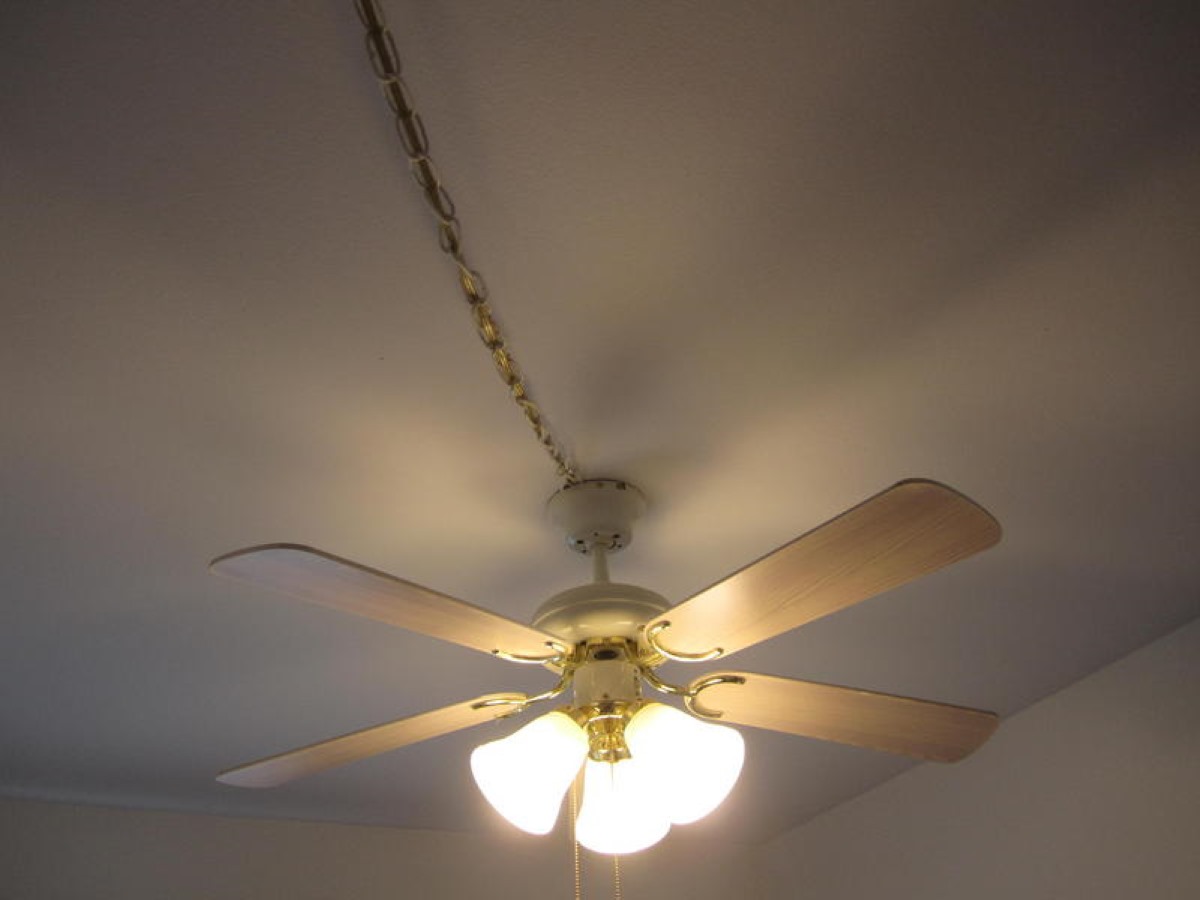
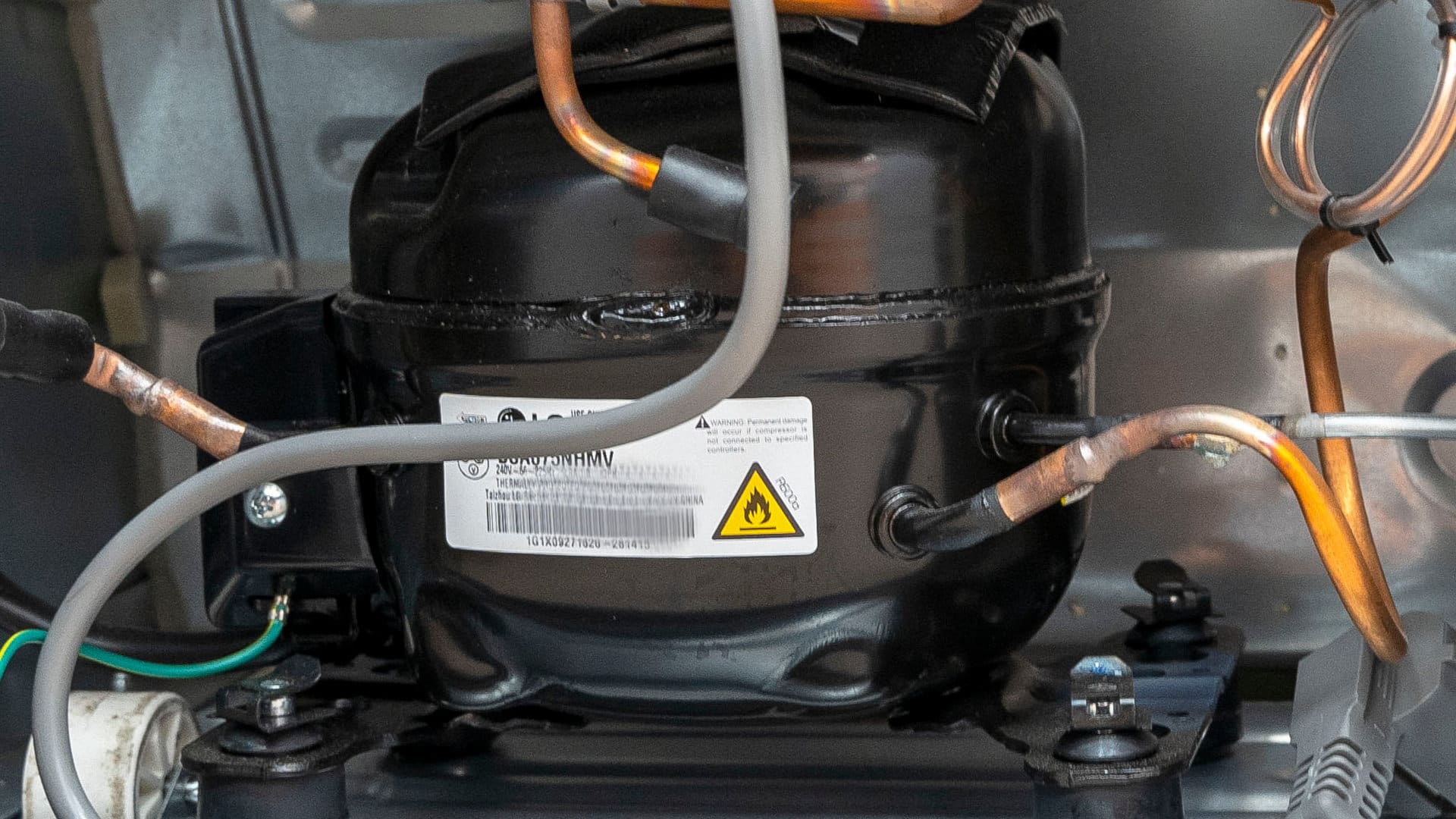
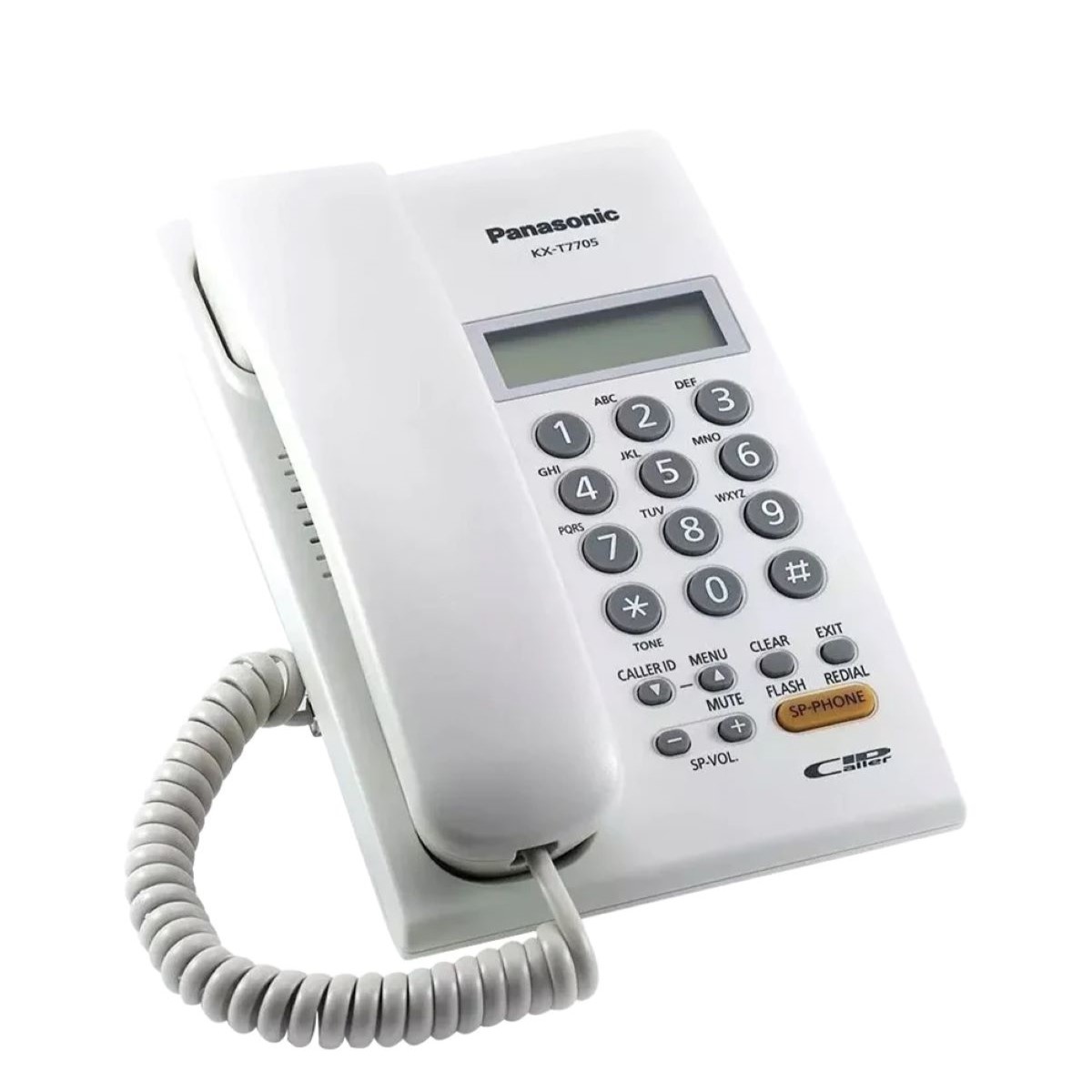
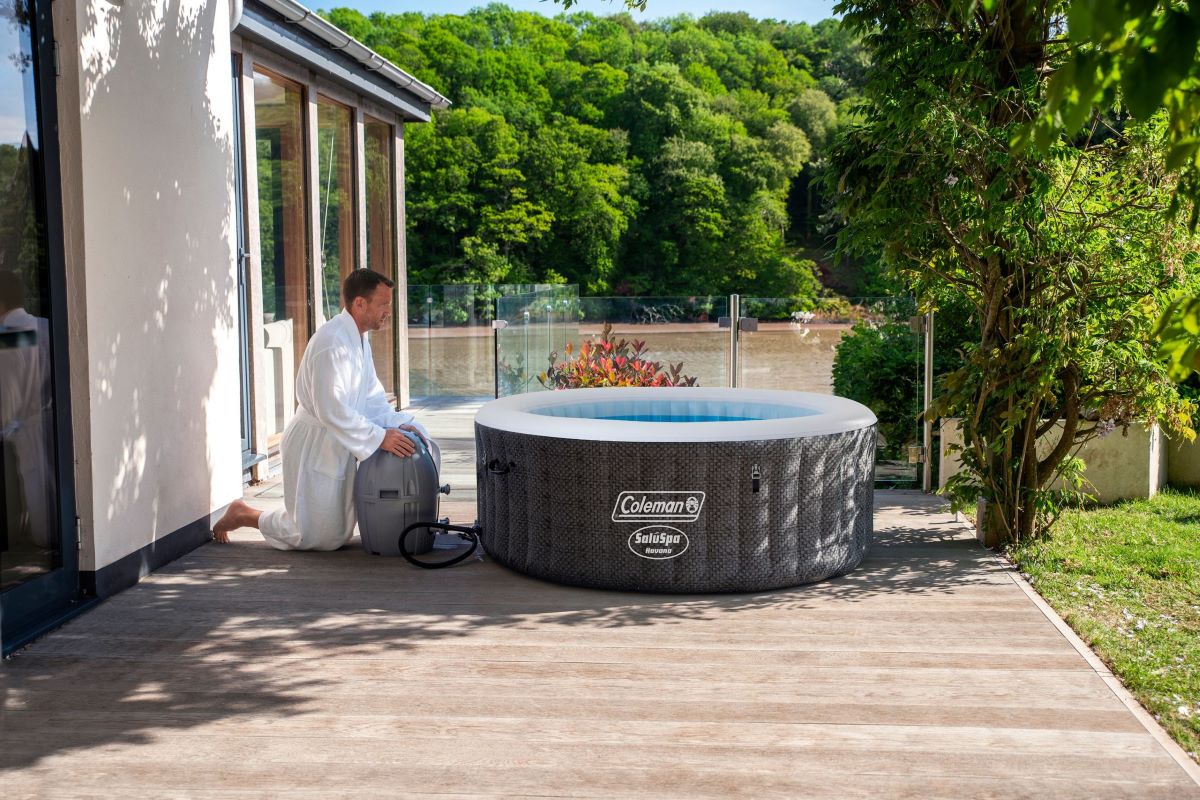
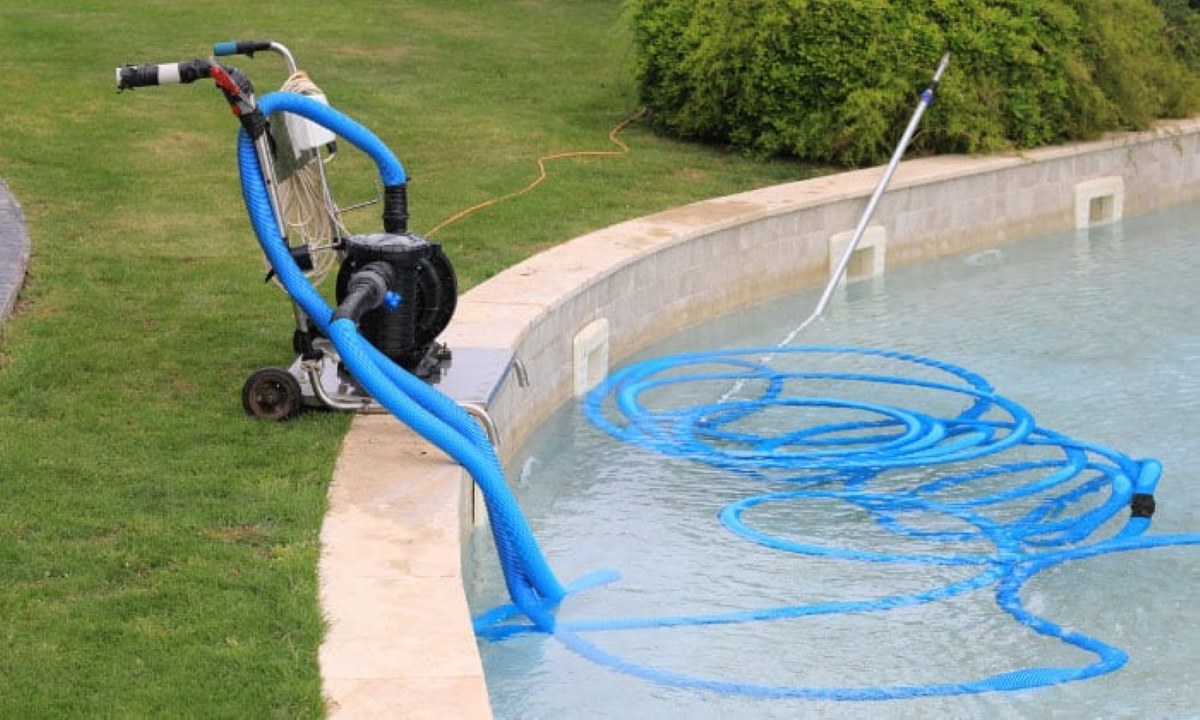
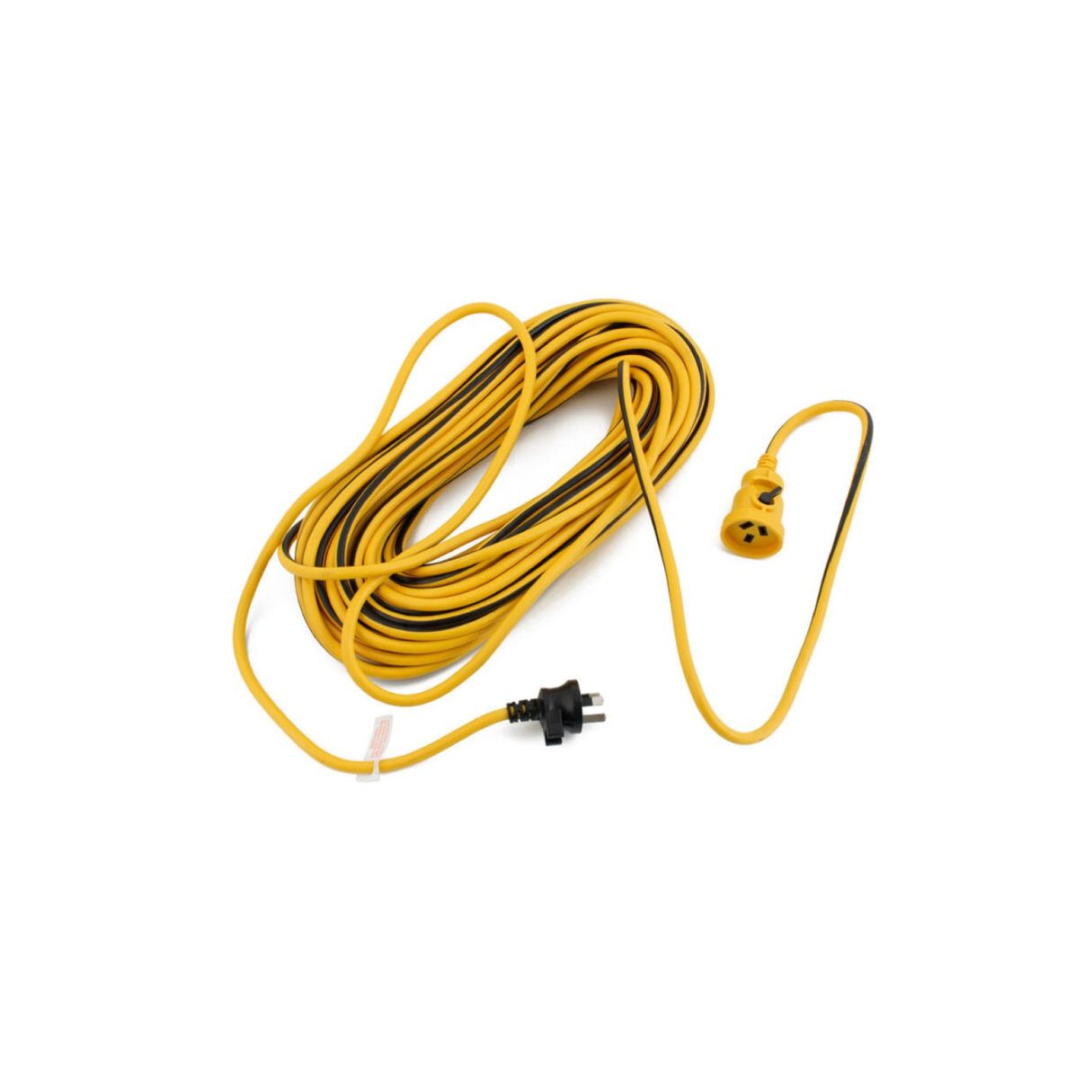
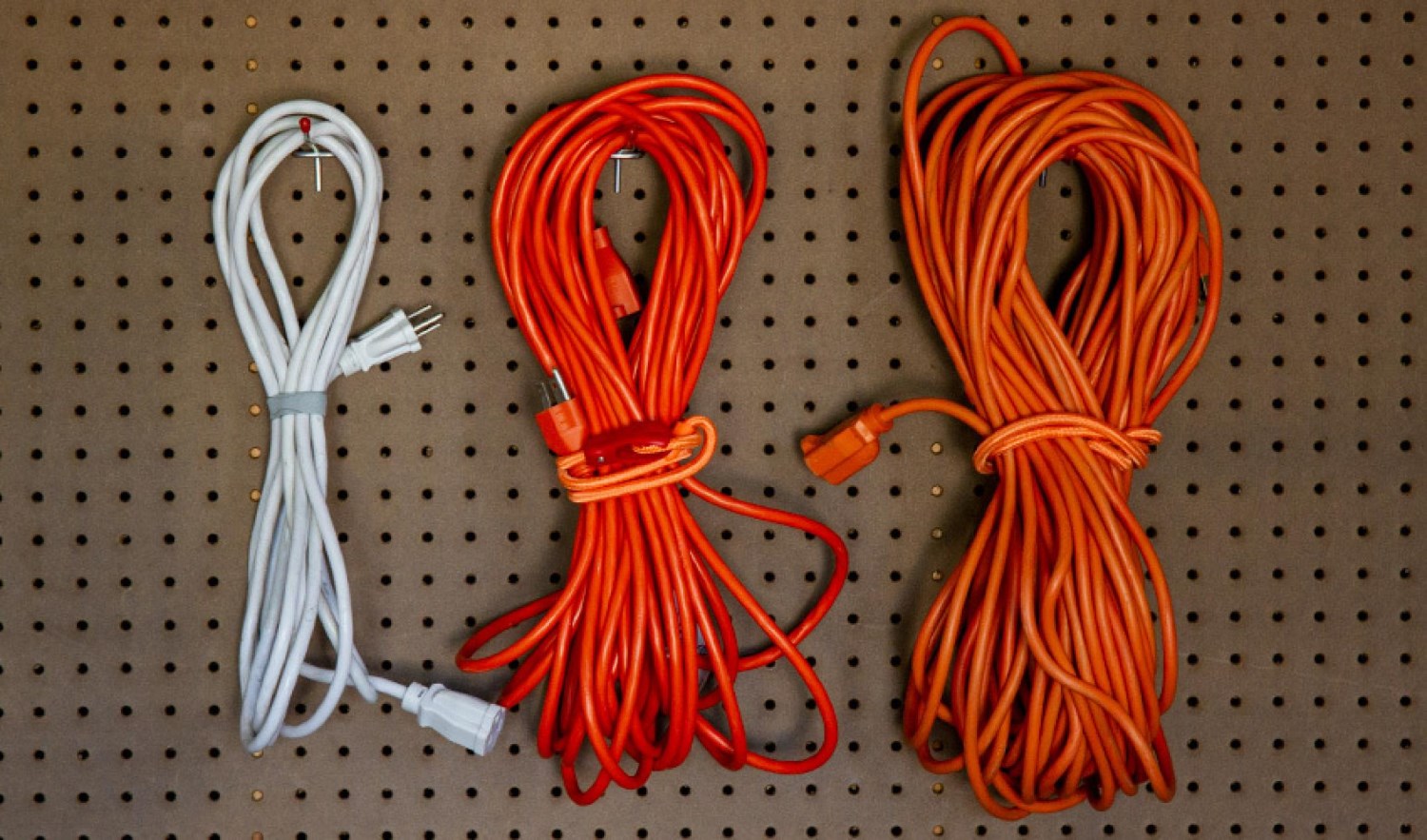
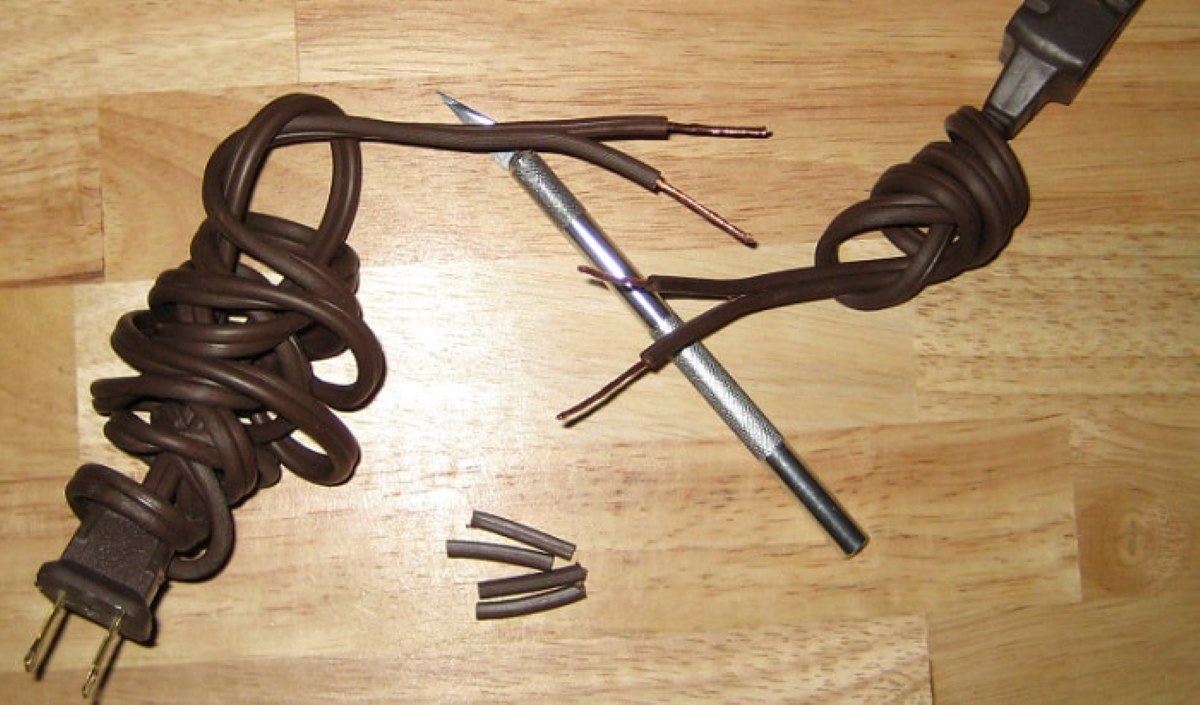
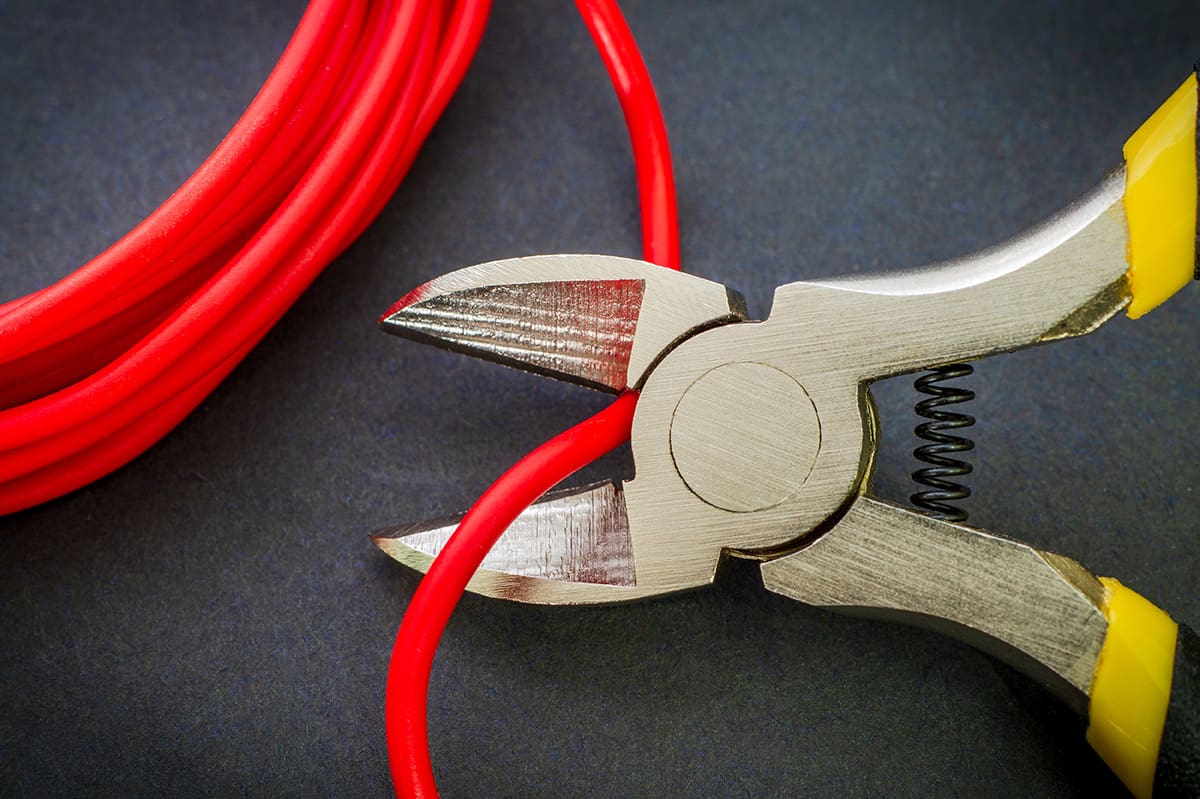
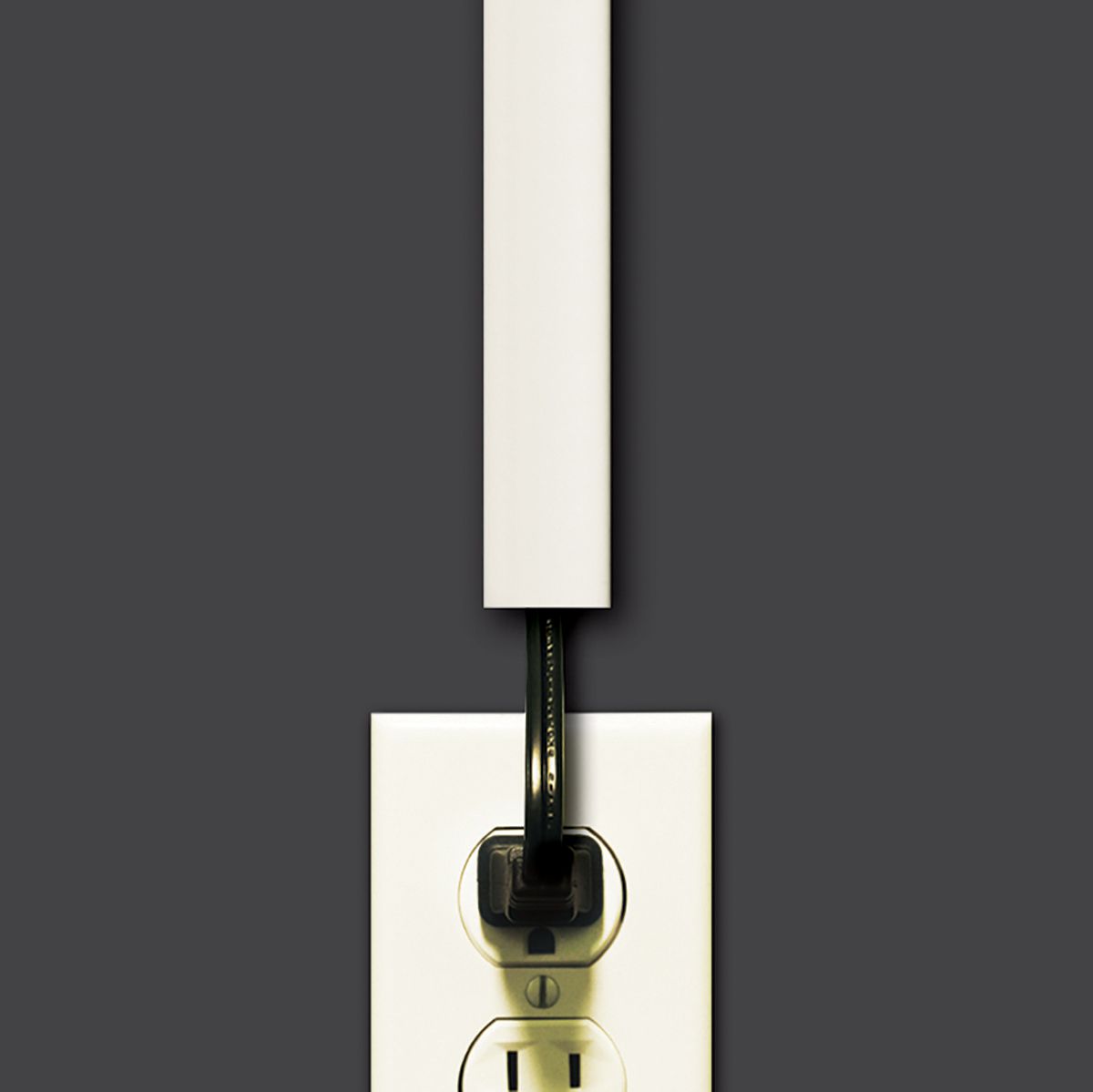
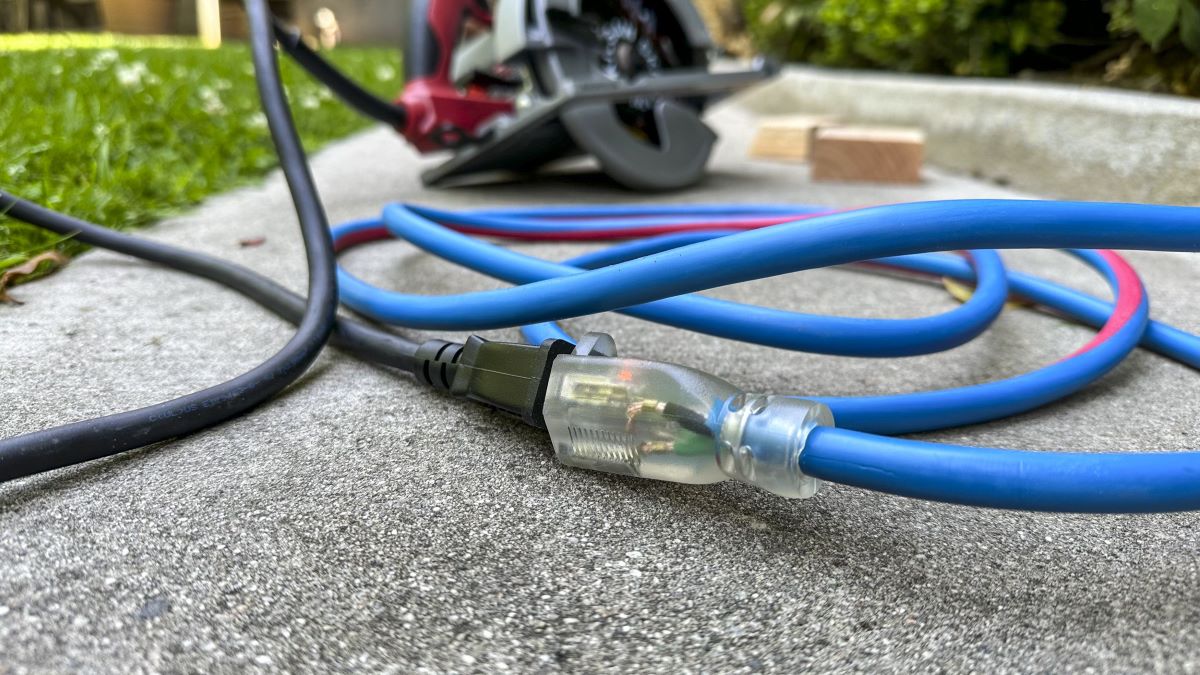
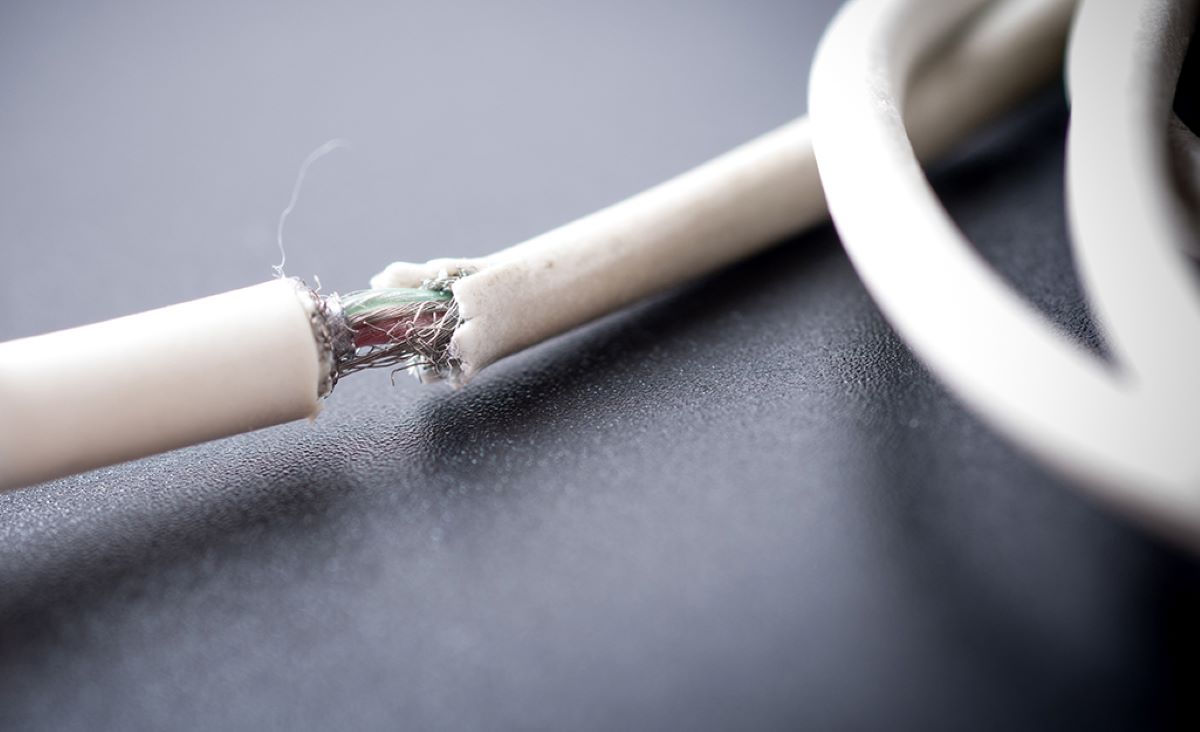
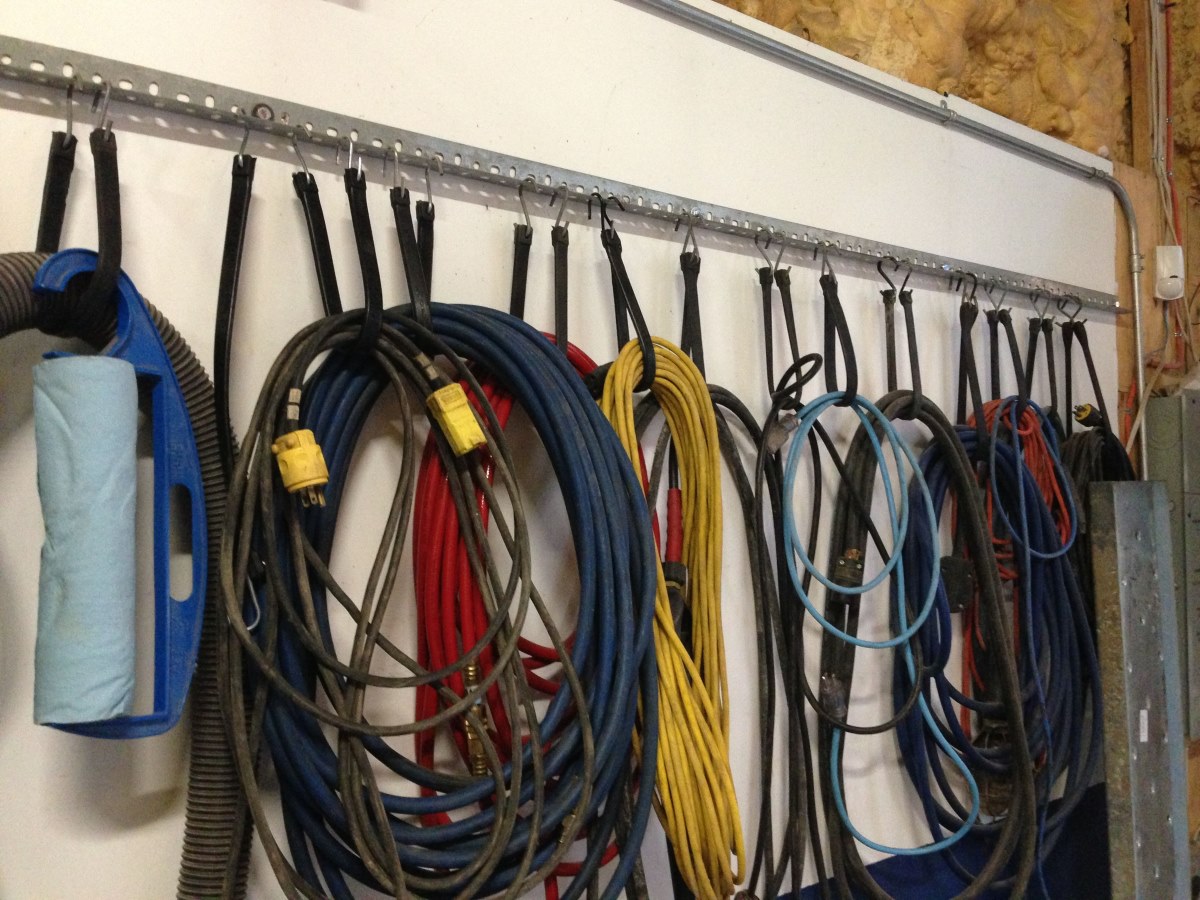
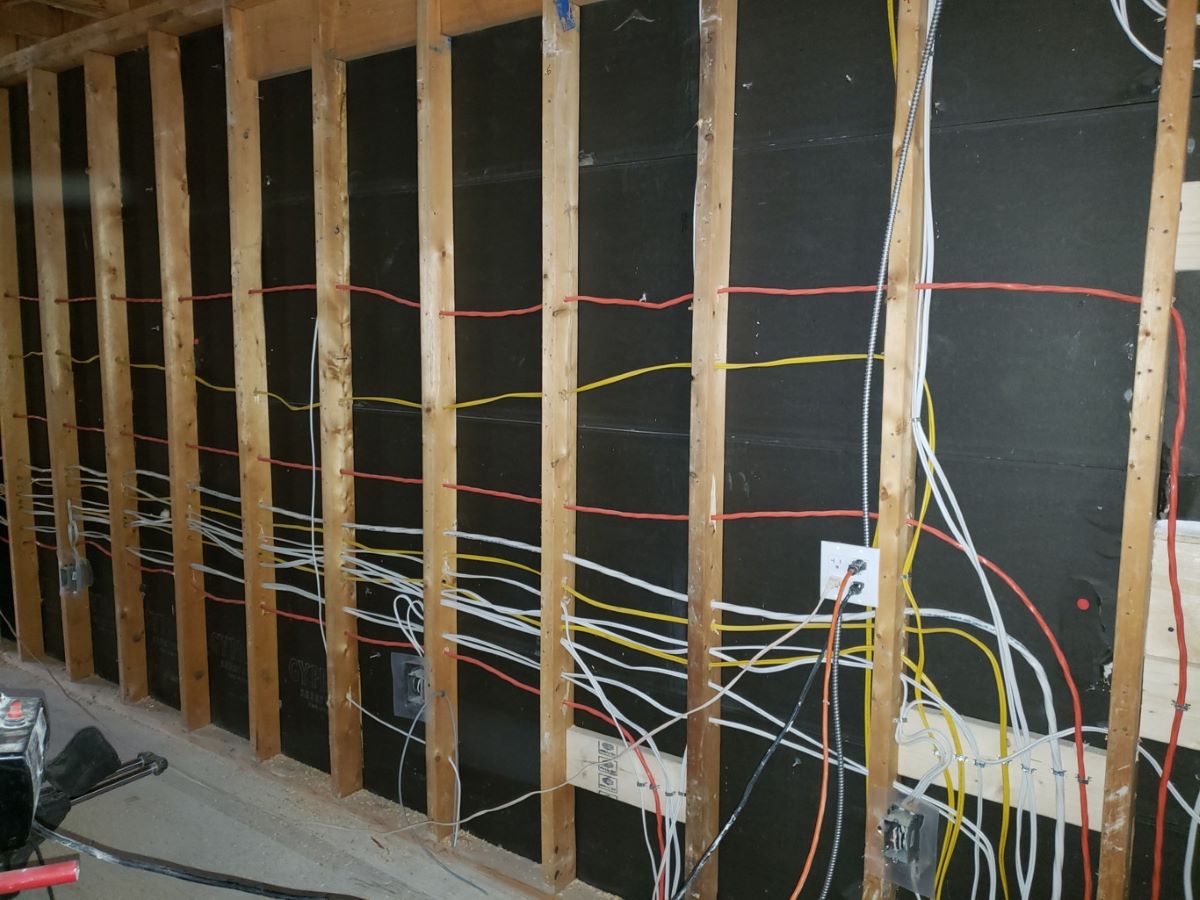

0 thoughts on “How Long Is An Electrical Cord On A Refrigerator?”